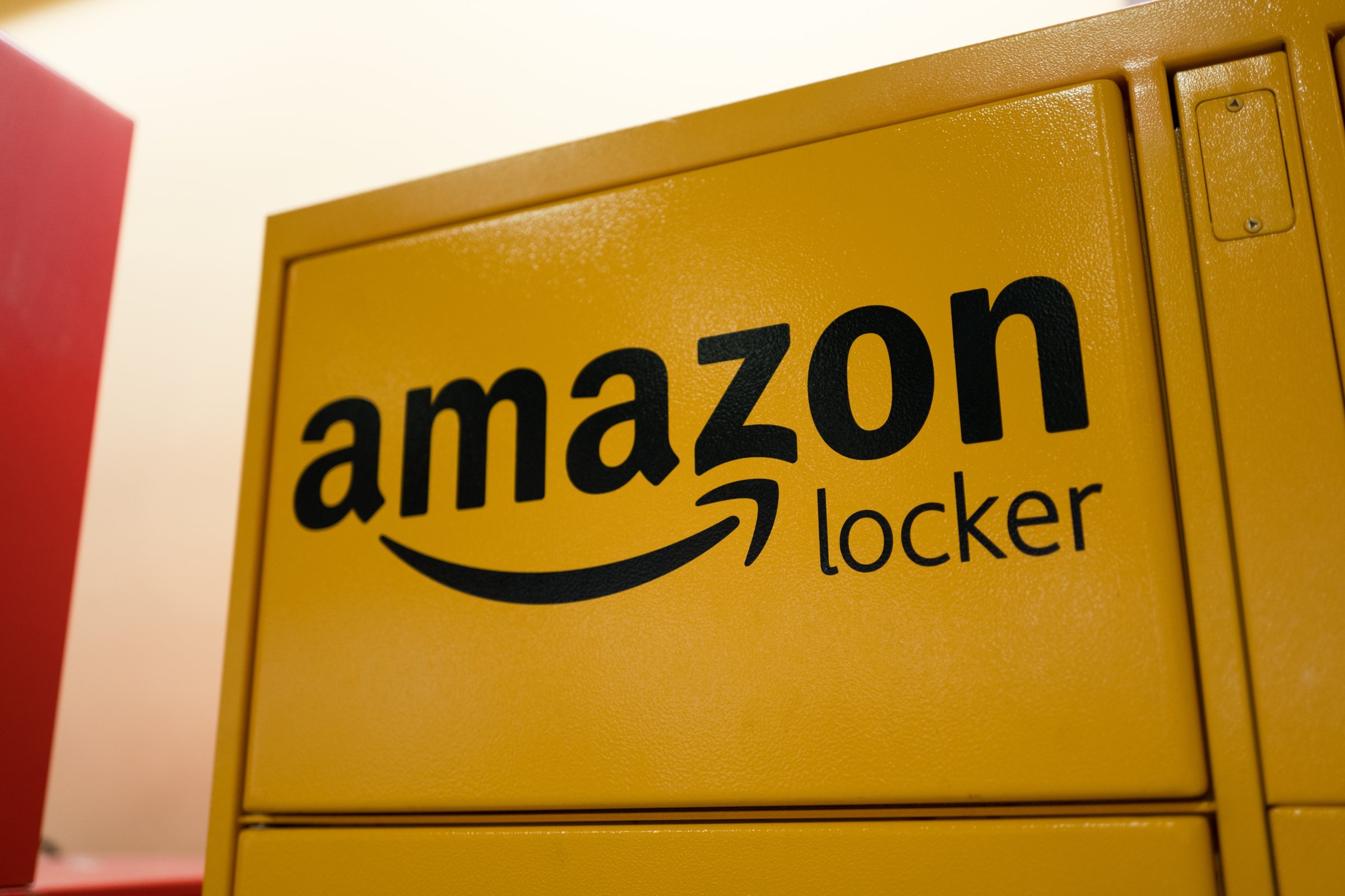
Many of the country’s biggest companies are preventing Americans from getting their day in court.
Eighty-one of the 100 largest companies in the U.S. have policies that bar customers from bringing claims of wrongdoing in front of a judge or a jury, according to a new study published in the University of California Davis Law Review on Wednesday.
That means that millions of consumers who interact with companies such as Amazon, Apple, Walmart, CVS, Best Buy and Coca-Cola cannot sue these corporate giants over anything, from fraud or personal injury to harassment or discrimination. A full 78 of these 100 companies also prevent consumers from banding together in a class action if they feel they’ve been wronged.
Customers typically agree to this when they sign (or click to “accept”) a company’s terms and conditions, but people often have no idea what they’re doing. Hidden in the middle of these long terms and conditions documents are policies known as arbitration agreements. When people accept an arbitration agreement, they are generally giving up any right to bring a civil lawsuit against the company at any time.
“Arbitration agreements make it harder to hold companies accountable for wrongdoing,” says Imre Szalai, a law professor at Loyola University New Orleans and author of the new study. “It destroys our consumer rights.”
Arbitration is a private process that does not involve courts, judges or juries. There is no requirement to follow the same procedures that lawyers would in court, and there is no real appeals process, meaning the arbitrator’s decision is almost always final. There is also virtually no government oversight.
Companies who use arbitration say that it is efficient and cost-effective. From their perspective, this is helpful — studies have shown that very few consumers win in arbitration, and that when they do, they often get much less money than they would in court. Critics argue that arbitration takes power away from the consumer, and that its secretive nature makes it difficult to challenge companies’ bad behavior.
“The publicity makes a big difference. If it’s public what Amazon is doing, that can have a shaming effect, a deterrent effect,” says Szalai. “But if all these disputes are being heard in private arbitration, you lose some of those values from a public proceeding in court.”
With the large number of companies now using this tactic, Szalai estimates that more than 826 million individual consumer arbitration agreements exist in the U.S., more than two and a half times the country’s population. A majority of households are subject to these agreements, according to the study.
Szalai took his list of companies from the Fortune 100, and examined which companies have used arbitration agreements in connection with customers since 2010. Given how many of the largest retail companies use these agreements, the study found that at least a majority of online sales in the U.S. are now covered by arbitration agreements.
Arbitration has received increased attention over the last year or so as various tech companies have come under fire for imposing these policies on their employees and on consumers in cases of sexual assault. Last May, Uber and Lyft said they would stop requiring victims of sexual assault and harassment to pursue claims through arbitration, and in December those companies each saw pushback from thousands of drivers claiming the company prevented them from suing and then refused to pay the required fees to start their arbitration cases.
A slew of companies including Google, Facebook, Microsoft, Airbnb and eBay also announced last fall that they were ending their policies requiring employees to handle sexual harassment claims through arbitration. Just this month Google ended forced arbitration for all its employees.
But even as companies are starting to feel pressure to let their workers take disputes to court, this has largely not extended to their dealings with customers. Progress on the issue has been slow in Congress. Grassroots pressure like what Uber and Lyft faced may start to make a difference, Szalai says, but for now, millions of Americans have unknowingly given up their rights to publicly pursue claims against many of the companies they interact with on a daily basis.
“Every one of our rights are at risk if they’re being sent to these secret tribunals,” Szalai says. “All of your rights become meaningless if you can’t enforce them. And these tribunals are designed so you don’t have robust enforcement.”
More Must-Reads from TIME
- Cybersecurity Experts Are Sounding the Alarm on DOGE
- Meet the 2025 Women of the Year
- The Harsh Truth About Disability Inclusion
- Why Do More Young Adults Have Cancer?
- Colman Domingo Leads With Radical Love
- How to Get Better at Doing Things Alone
- Michelle Zauner Stares Down the Darkness
Write to Abigail Abrams at abigail.abrams@time.com



